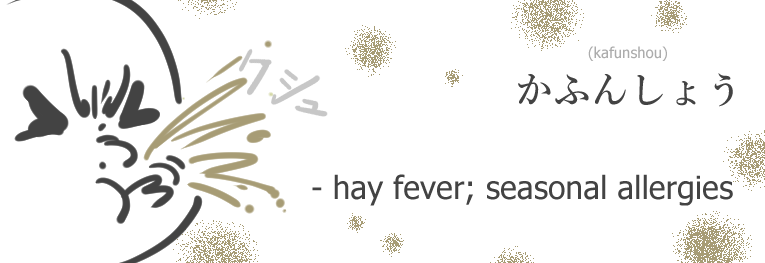Always be asking questions If you don't ask, you don't find out! Stay curious, and keep asking questions while learning Japanese.
This insight was originally published on September 07, 2021, and transferred here later.
People say children are super quick at learning languages. While it is relatively true for most part, there are a few simple reasons why that seems to be the case.
- Children often have a lot more free time than adults to learn and practice their language. Without the same expectations as an adult, they have a lot more time to put towards learning.
- Children heavily rely on the people around them. They need to be able to understand what is happening with their peers and available caretaking adults because they are not self-reliant yet.
- They ask questions. Children don't start off knowing anything, and in combination with point 1 & 2, that builds up a naturally driving curiosity to figure out how this world works and how they can fit into it.
More questions beget more answers
There is an answer somewhere out there for every question you ask. It might not be a good answer, nor the answer you expected, but there is still an answer. Asking your question opens the door to an opportunity for you to find that answer. If you don't ask, you might never find out.
If you're confused about how a certain grammatical technique works in Japanese, ask questions about it. Seek an answer to your confusion so that you can find clarity. You might find some unexpected bonus things along the way too!

Questions reveal room for improvement
Sometimes you can ask the same question multiple times. Other times, you might find yourself asking similar questions about loosely related things. Asking questions gives you a chance to notice common weak points in your learning experience and think about ways to address them.
For example, I had a very difficult time remembering any of the medical related vocabulary items in my horribly endless flashcard deck. At first my question was "why can't I remember the word for hay fever?". The answer seemed pretty simple: "I just added the word to my deck. I probably need time & patience to learn it."
Months later however, I could not remember the word for "hay fever" and a good hand full of other medical terms. Noticing that pattern, my question became "What is so immemorable about medical words?" and "What do these words have in common?". My answer might have to do with the fact that I've ever had hay fever nor even know that much about it. Words like that are irrelevant to my life circumstances right now.
From asking questions about my learning situation, I was able to acknowledge a problem in my studies. Then I came to a decision as to whether I should keep attempting to learn these words, or rediscover them when they become relevant again.
Questions show you are interested
For those who are comfortable speaking Japanese, you should really take advantage of your ignorance and ask as many questions as you can get away with. People generally like to help each other, and asking questions gives them the opportunity to answer and feel like they did something good that day.
Little questions like 「それは何ですか?」(What is that?) or [この言葉、意味が何ですか?」(This word, what does it mean?) open you to a world-expanding learning opportunity. It also allows someone else to share a little bit about their world and how they understand it. You both benefit; and in a way, bond from it. --and that is pretty cool!
Just make sure you aren't bombarding them with a torrential downpour of questions. Questions can also be annoying. 😂
What questions do you have?
Now go ask questions! Question yourself, question others, question the language, and fill your learning adventure with questions until you cant possibly think of anything else to ask! From there, you have useful and surprising answers to discover.
What kind of questions do you have while learning Japanese right now? Share in the comments section below, and maybe someone will help you find an answer!



